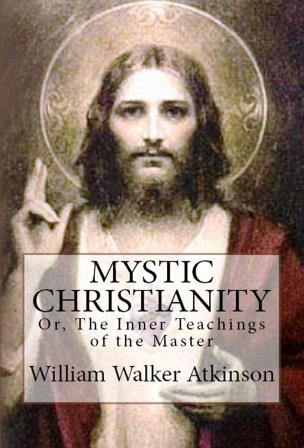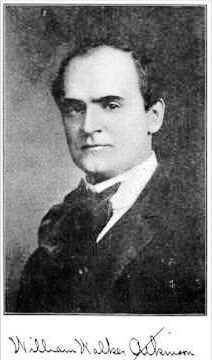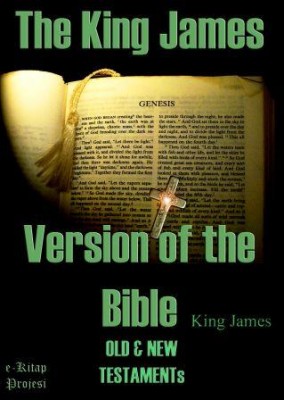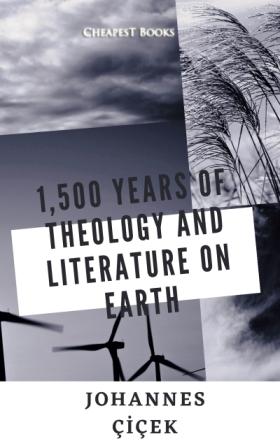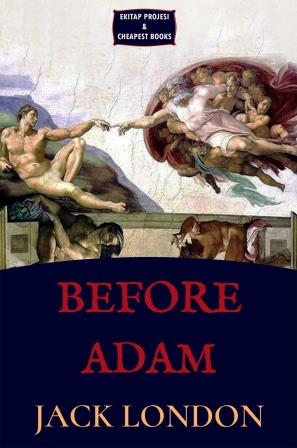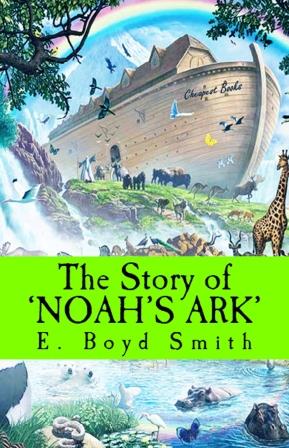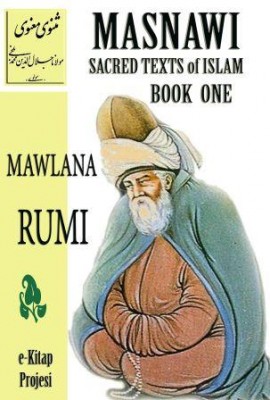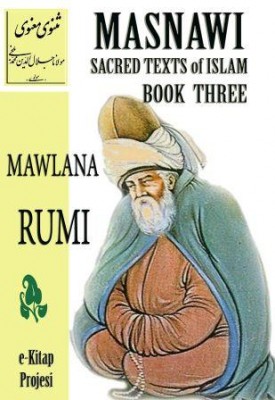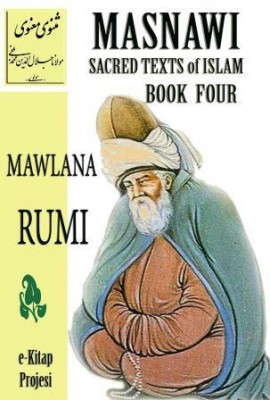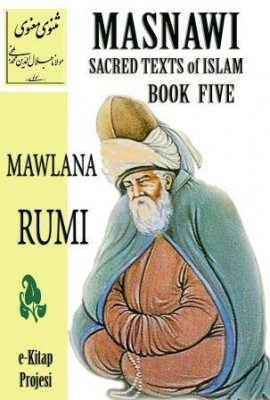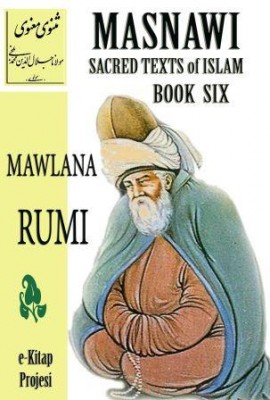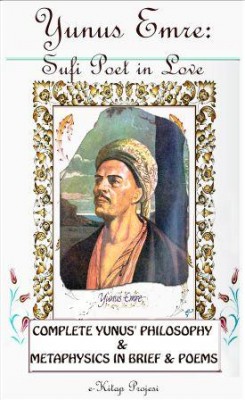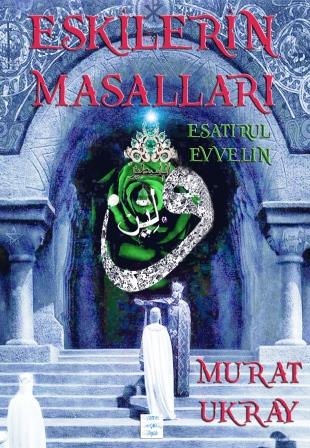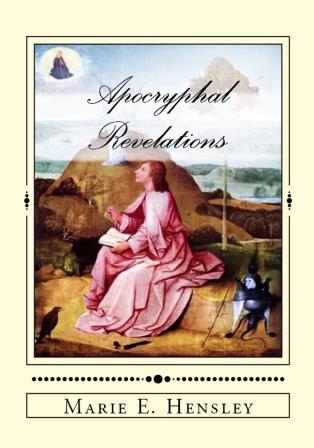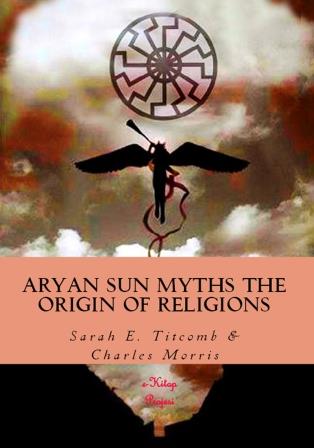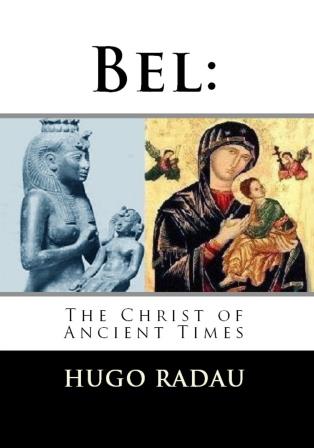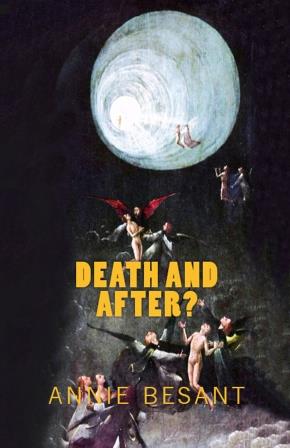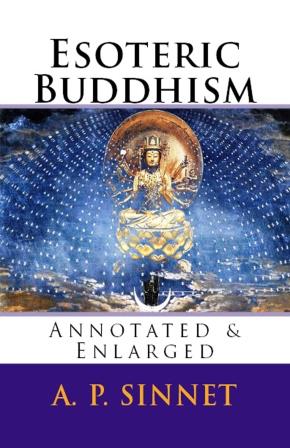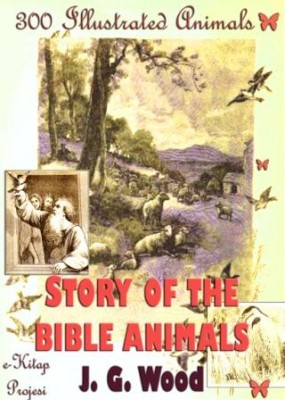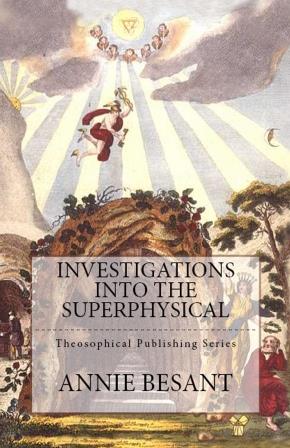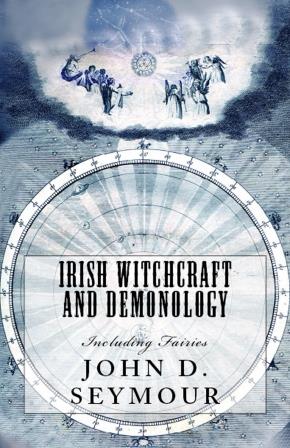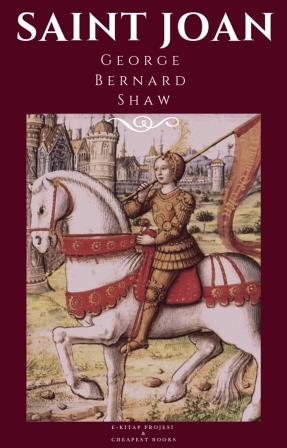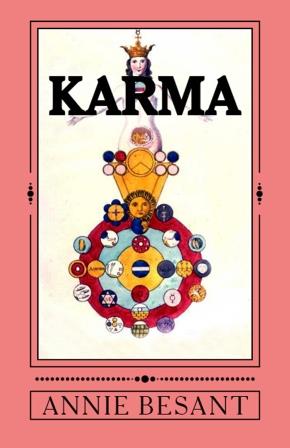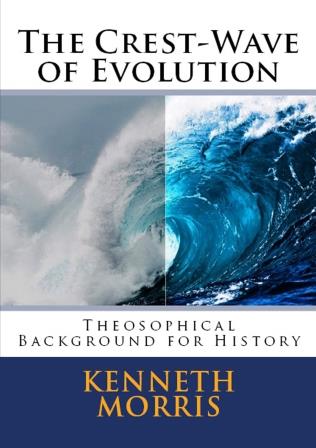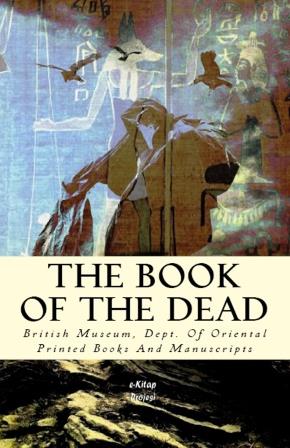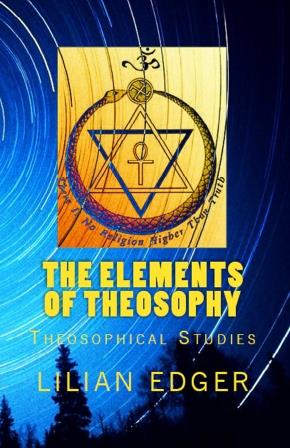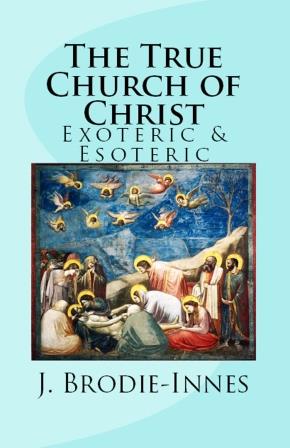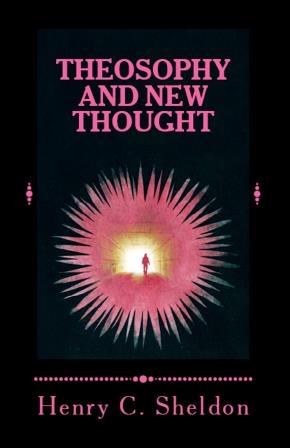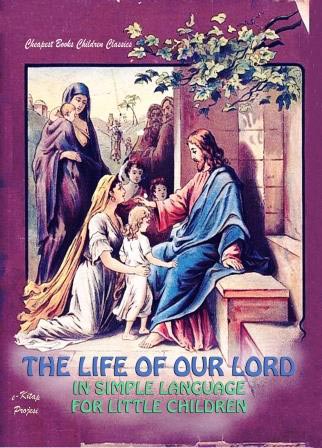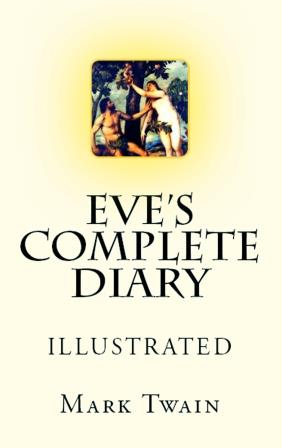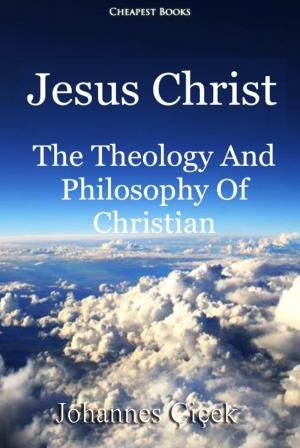Strange rumors reached the ears of the people of Jerusalem and the surrounding country. It was reported that a new prophet had appeared in the valley of the lower Jordan, and in the wilderness of Northern Judea, preaching startling doctrines. His teachings resembled those of the prophets of old, and his cry of "Repent! Repent ye! for the Kingdom of Heaven is at hand," awakened strange memories of the ancient teachers of the race, and caused the common people to gaze wonderingly at each other, and the ruling classes to frown and look serious, when the name of the new prophet was mentioned.
The man whom the common people called a prophet, and whom the exalted ones styled an impostor, was known as John the Baptist, and dwelt in the wilderness away from the accustomed haunts of men. He was clad in the rude garments of the roaming ascetics, his rough robe of camel's skin being held around his form by a coarse girdle of leather. His diet was frugal and elemental, consisting of the edible locust of the region, together with the wild honey stored by the bees of the wilderness.
In appearance John, whom men called "the Baptist," was tall, wiry, and rugged. His skin was tanned a dark brown by the winds and sun which beat upon it unheeded. His long black hair hung loosely around his shoulders, and was tossed like the mane of a lion when he spoke. His beard was rough and untrimmed. His eyes gleamed like glowing coals, and seemed to burn into the very soul of his hearers. His was the face of the religious enthusiastic with a Message for the world.
This wild prophet was most strenuous, and his teachings were couched in the most vigorous words. There was no tact, policy, or persuasion in his message. He hurled his verbal thunderbolts right into his crowd, the very force and earnestness emanating from him serving to charge his words with a vitality and magnetism which dashed itself into the crowd like a spark of electricity, knocking men from off their feet, and driving the Truth into them as if by a charge of a powerful explosive. He told them that the spiritual grain was to be gathered into the garners, while the chaff was to be consumed as if by a fiery furnace; that the axe was to be laid to the root of the trees which brought not forth good fruit. Verily, the "Day of Jehovah," long promised by the prophets, was near to hand to his hearers and followers.
John soon gathered to himself a following, the people flocking to him from all parts of the country, even from Galilee. His followers began to talk among themselves, asking whether indeed this man were not the long promised Master—the Messiah for whom all Israel had waited for centuries. This talk coming to the ears of the prophet, caused him to answer the question in his discourses, saying:
"There cometh one mightier than I, after me, the latchet of whose shoes I am not worthy to stoop down and unloose; he that cometh after me is mightier than I." And thus it became gradually known to his following, and the strangers attending his meetings, that this John the Baptist, mighty preacher though he be, was but the herald of one much greater than he, who should follow—that he was the forerunner of the Master, according to the Oriental imagery which pictured the forerunner of the great dignitaries, running ahead of the chariot of his master, crying aloud to all people gathered on the road that they must make way for the approaching great man, shouting constantly, "Make ye a way! make ye a way for the Lord!" And accordingly there was a new wave of excitement among John's following, which spread rapidly to the surrounding country, at this promise of the coming of the Lord—the Master—perhaps even the Messiah of the Jews. And many more came unto John, and with him waited for the Coming of the Master.
